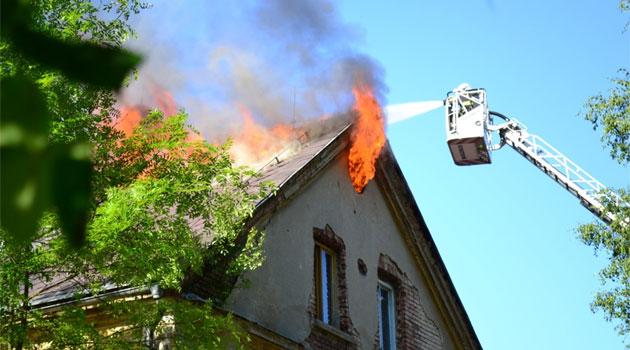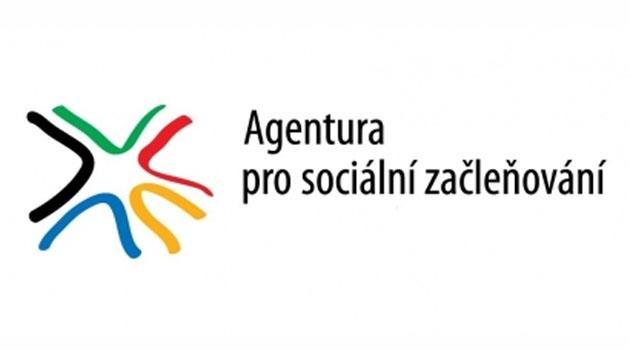Czech Govt Agency for Social Inclusion does not support housing benefit-free zones in Liberec

The Czech Government’s Agency for Social Inclusion is criticizing the introduction of further housing benefit-free zones on its territory by the City of Liberec, which announced the move on 7 January. The Agency director says the city’s approach will not resolve the problems in the locality at issue but will, at the very most, move them elsewhere, according to a press release from the Agency.
“While the Agency takes a positive view of efforts by the municipality to abate the spatial concentration of sociopathological phenomena and to circumscribe the further development of segregation, introducing housing benefit-free zones appears to be a blind alley, an approach that is incapable of responding to the concrete situations of families and individuals. Those most endangered by such an approach are always the especially vulnerable groups, such as parents with minor children, single mothers, senior citizens and people living with disabilities,” says David Beňák, director of the Agency.
The city has been striving to designate the housing benefit-free zone since last September and believes doing so will improve the situation in a locality it has long considered problematic. The zone applies to one specific building on Vojanova Street that has been in the hands of a private landlord for more than 10 years, an owner of dozens of similar properties in the region.
The building is in a poor state of repair and has not provided running water to its inhabitants for some time. Most of the tenants draw on the welfare benefit of aid to those in material distress.
Social services and social workers from the municipality are collaborating with the building residents on addressing their situations, and crime prevention assistants have been deployed on the street as well since last summer. According to the Agency, however, the city will not resolve the problem by declaring the property a housing benefit-free zone, because if the inhabitants decide to remain there, they will then have to find resources with which to pay their rents from beyond the welfare system.
Given the economic situations of those who are drawing on aid to those in material distress and the high percentage of them who are indebted, this could mean they will either move toward participating in the “grey economy” of working without reporting their income to the state, or in the “black economy” of criminal activity, or toward becoming even more indebted to the property owner. If they decide to move away, “all that will happen is that the problem will just be moved elsewhere,” Beňák warns.
For that reason, the Agency does not support housing benefit-free zones, but rather sees the solution as requiring coordinated, long-term, systematic social work with the inhabitants of excluded localities. If the problem on Vojanova Street has “smoldered” for more than a decade, then there most probably is not going to be any effect visible there after a couple of months of crime prevention assistants working in the neighborhood either.
The question is why these residents are unable to access, for example, municipally-owned rental apartments, or rather, under what conditions might they be able to access one. A beginning step in figuring this out might be to verify how much debt these persons already owe the municipality.
The City of Liberec is working on improving its local social housing system but is, of course, suffering from a lack of apartment units in its ownership, and therefore is actually unable to offer those living on Vojanova Street an alternative. “Right now it’s essential to follow what effect the announcement of these zones has, as well as where the inhabitants affected by them relocate to. The logical solution is that other municipalities in the region, not just Liberec, should also begin to work on improving the affordability of housing for those in need so these residents will not then be forced to migrate from one excluded locality to another,” the Agency director says.
